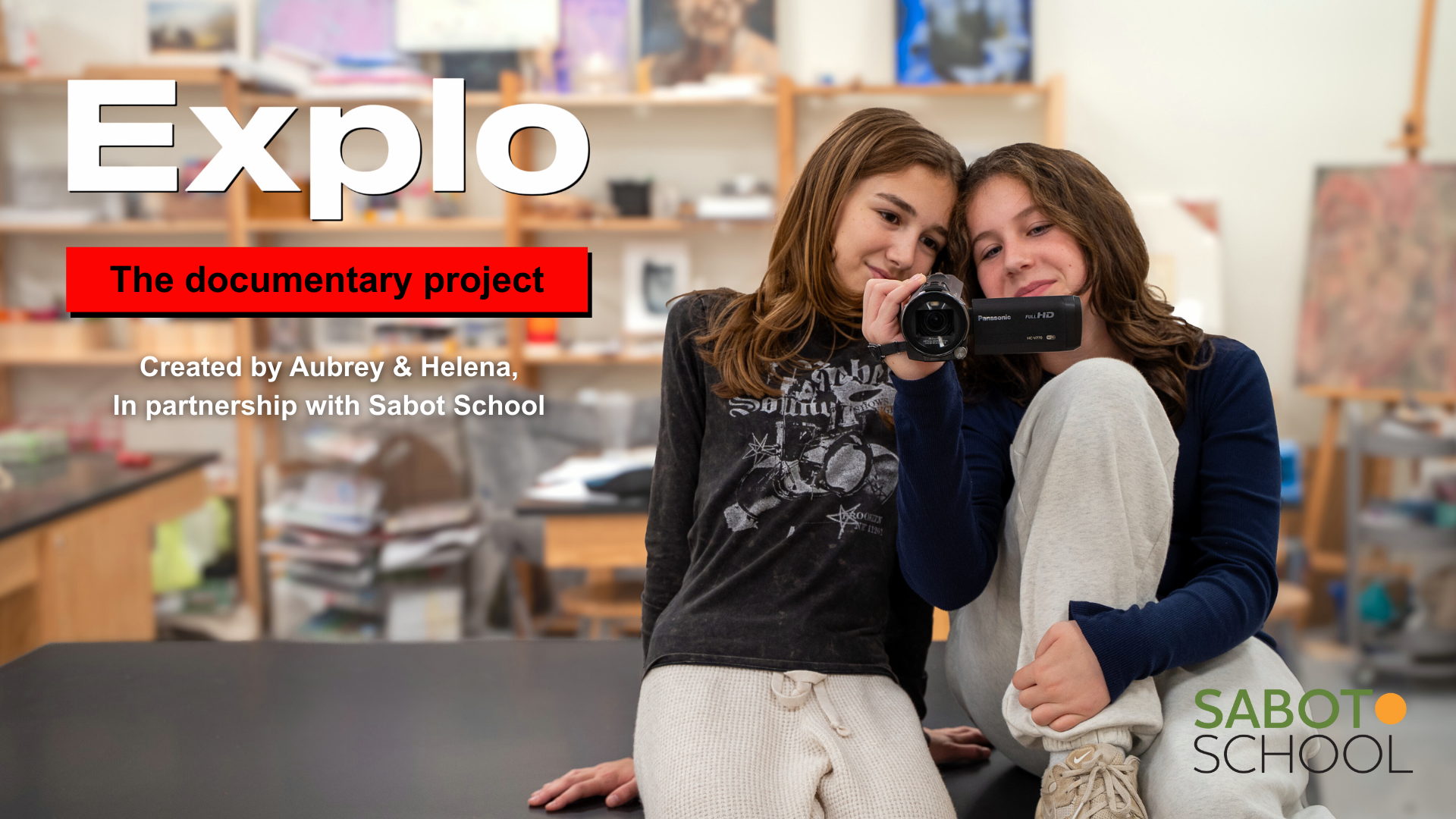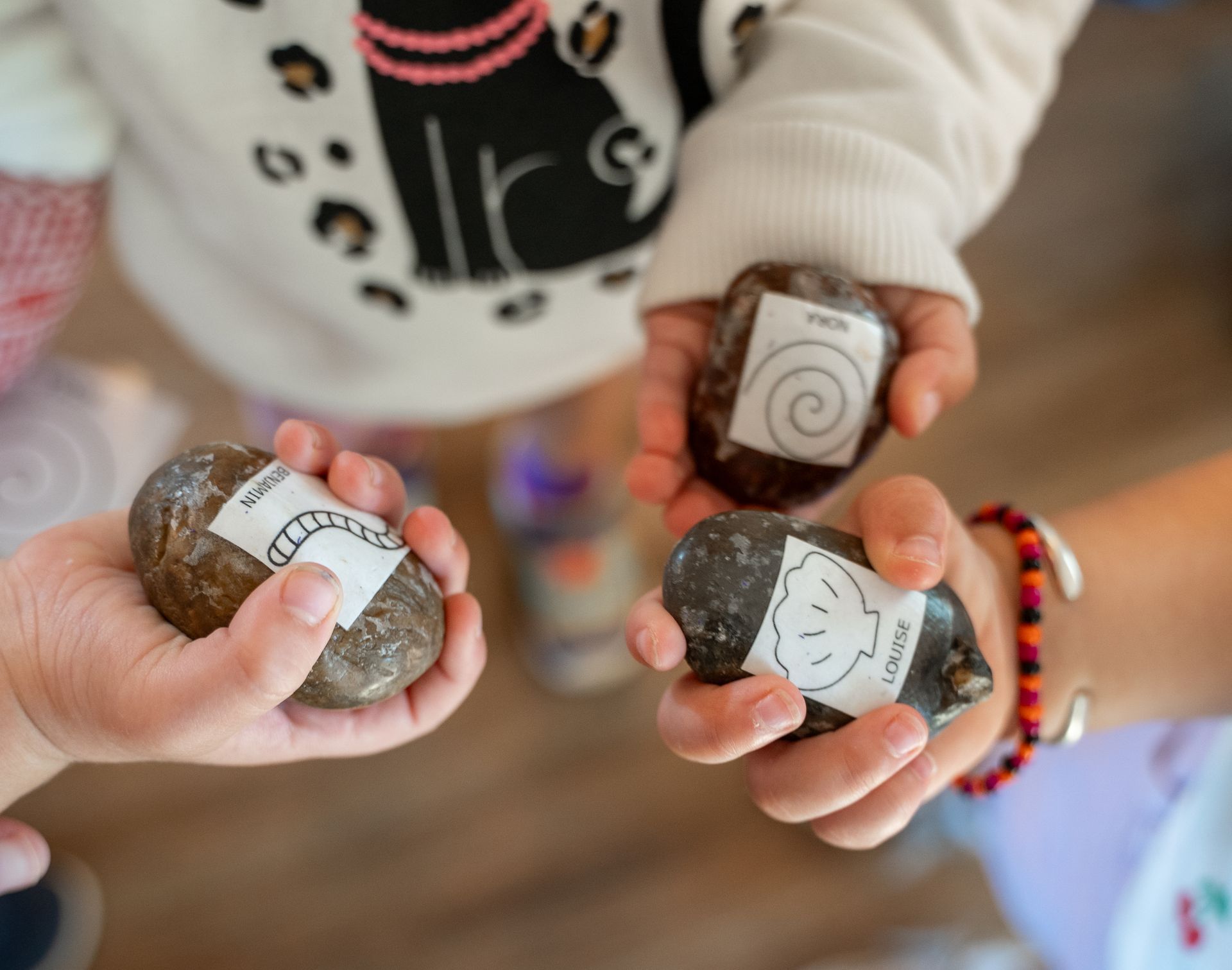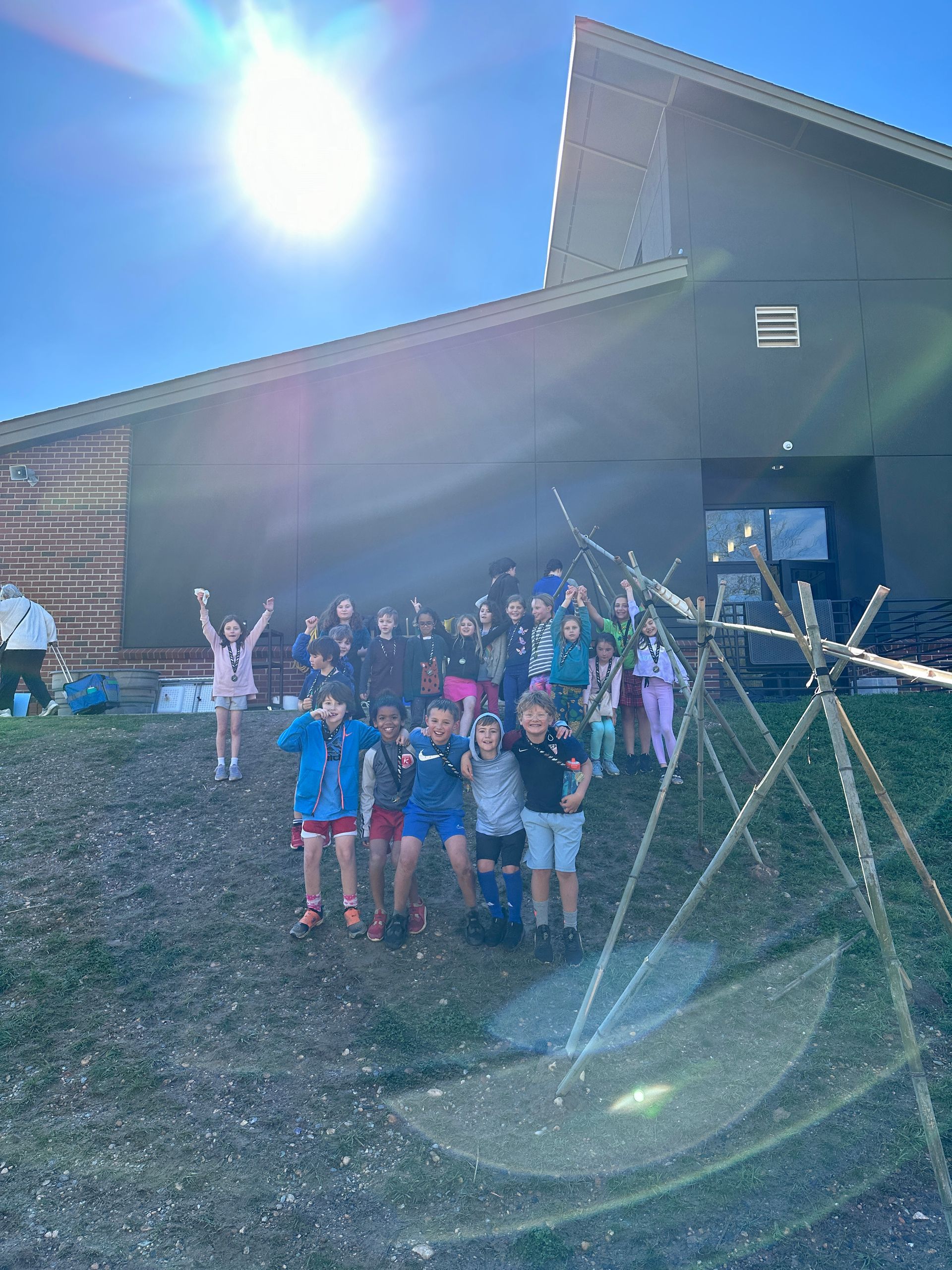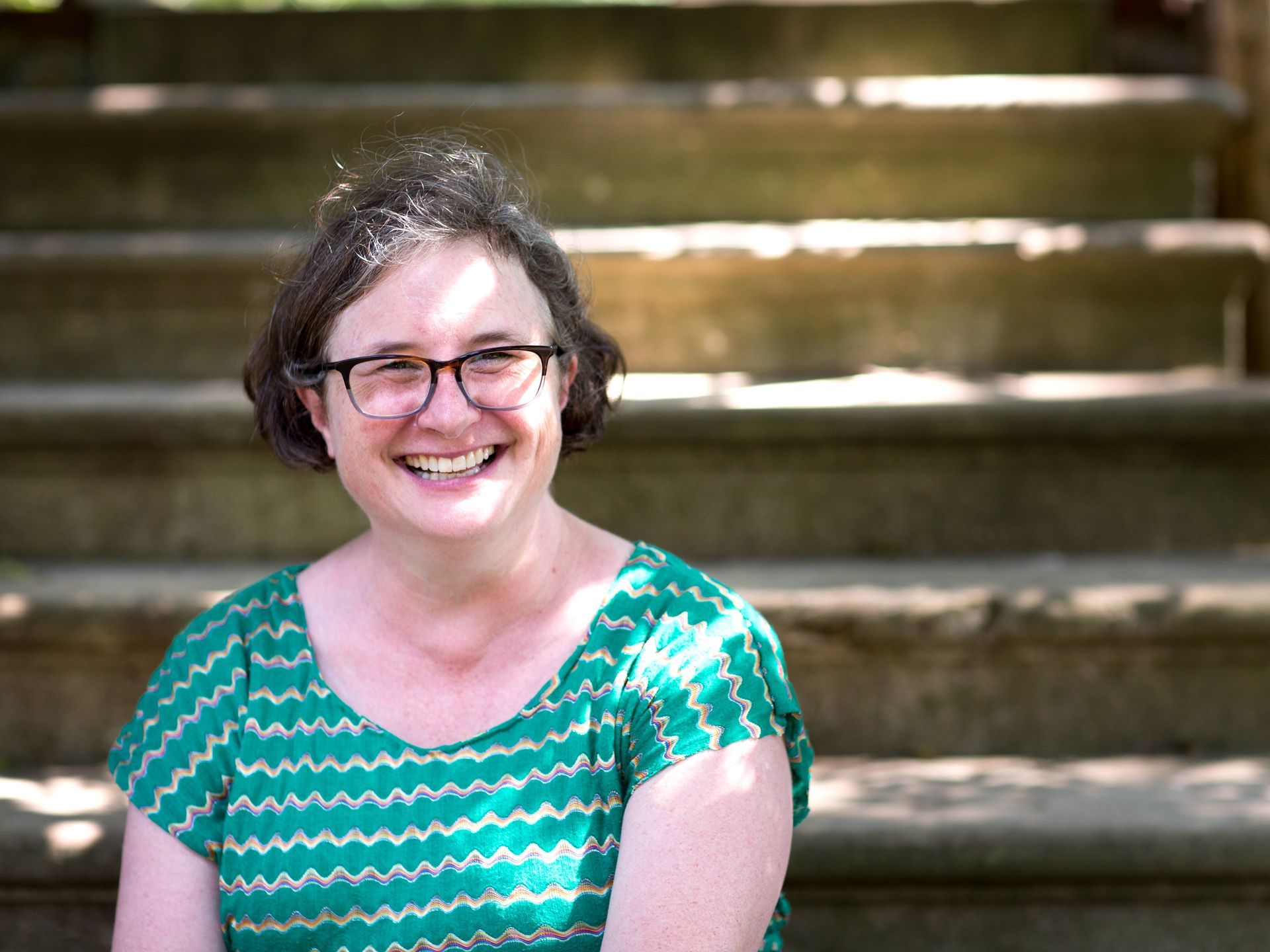Inside the Forest, Part 1: Demystifying Reggio, Discovering Beauty
A first message for learning groups at Sabot
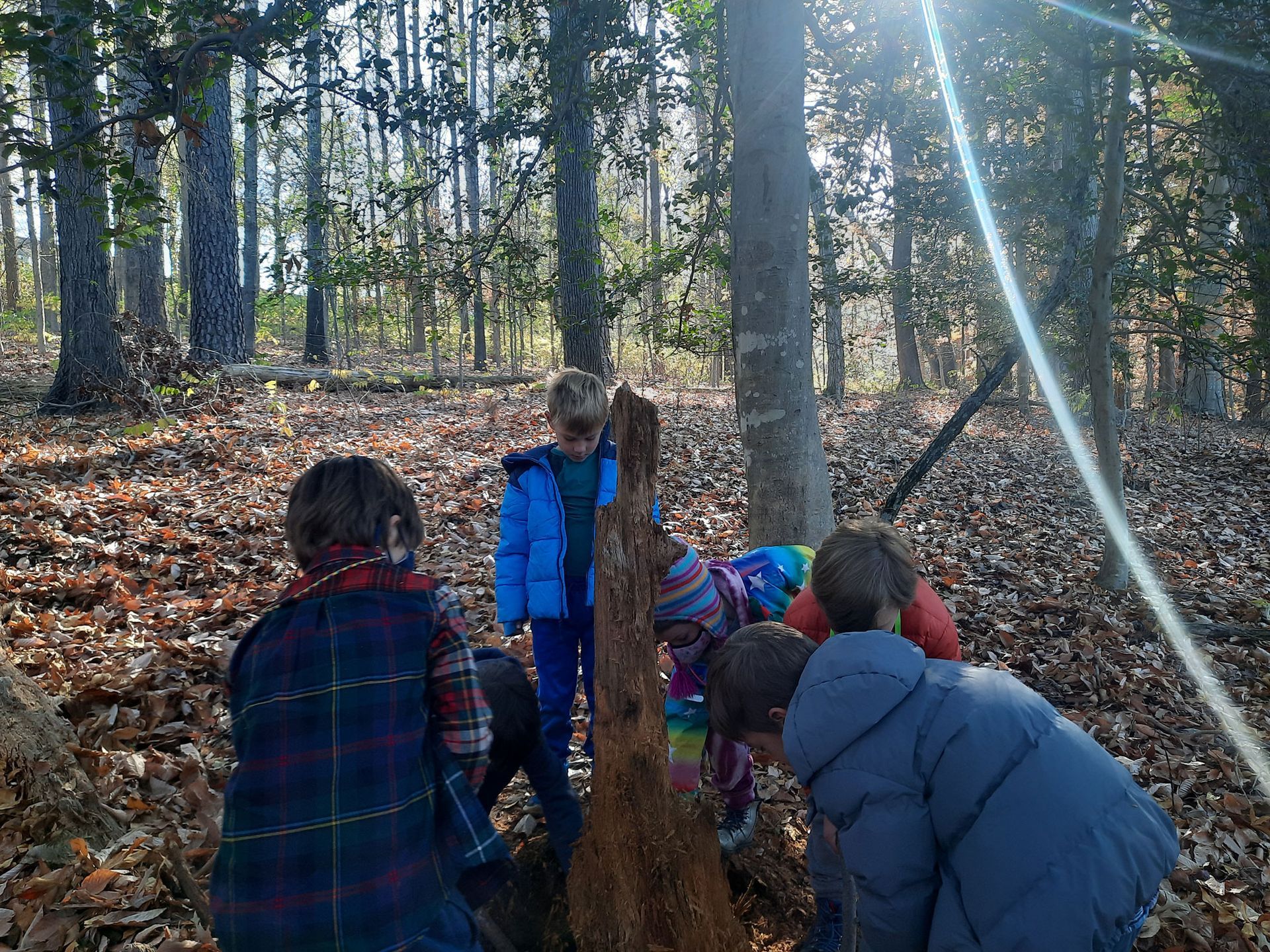
September 13, 2022
“The child has / a hundred languages / (and a hundred hundred hundred more) / but they steal ninety-nine...”
When Sabot says it is a “Reggio-inspired” school, it means that our programs are based on a particular philosophy, one borne of the vision of Loris Malaguzzi in Reggio Emilia, Italy. This philosophy is rooted in a deep conviction that every child is a subject with rights, that every child benefits from relationships with others, and that every child is equipped with “a hundred languages.” It is with these beliefs that we form and hold our “image of the child” as a strong, capable, and creative learner, one with particular interests, gifts, and ideas which enrich and expand the learning and experience of a whole group. “The hundred languages” is of course a metaphor and it is a profound one. Children—and all human beings, we believe—have many ways of thinking, expressing, understanding, and communicating, and their hundred languages represent the various dimensions and potentials of children, the ways they construct knowledge and the forms and processes by which they create meaning. It is important to remember that one need not always speak in order to participate, and that there are as many ways of assessing one’s knowledge of a subject as there are subjects about which to learn.
Sabot’s work– and the work of a Reggio education– is not limited to the students in our school any more than it is limited to only our trained faculty. Parents of students are essential not only to the school’s success but to Malaguzzi’s original vision! After all, parents are the primary educators in a child’s life—the first teachers, models, witnesses, counselors, and guides. Just as it is a parent’s responsibility to seek education for their child, so it is the school’s responsibility to honor the students in its care, appreciating and dignifying verbal and non-verbal “languages” alike.
The success and depth of a Reggio-inspired education depends on parent-school participation and it is our hope, for this coming year and beyond, to engage more fully and more fruitfully with Sabot parents about what Malaguzzi calls “the daily presence of a plurality.” In other words, we are co-educators, co-constructors of knowledge, and—in the elemental break-down of the word ‘collaborator’— we are co-laborers in the work of educating children. The family has a primary place in the school’s work and we want our work at Sabot to have a primary place in your family.
So, may this be a beginning of our finding each other in the forest. In the weeks to come we are committed to providing reflections like this one that honor our school as what Malaguzzi calls a “living organism” (which is by its nature unpredictable, multimodal, and complex) while also acknowledging that a Reggio-inspired curriculum depends on a relationship between teacher and parent in which each are essential to the other’s learning, and all for the child’s sake. The following is an excerpt from Your Image of the Child: Where Teaching Begins by Loris Malaguzzi, though you may read the essay in its entirety here: https://www.reggioalliance.org/downloads/malaguzzi:ccie:1994.pdf
Finding Our Way in the Forest
All of this is a great forest. Inside the forest is the child. The forest is beautiful, fascinating, green, and full of hopes; there are no paths. Although it isn’t easy, we have to make our own paths, as teachers and children and families, in the forest. Sometimes we find ourselves together within the forest, sometimes we may get lost from each other, sometimes we’ll greet each other from far away across the forest; but it’s living together in this forest that is important. And this living together is not easy. We have to find each other in the forest and begin to discuss what the education of the child actually means. The important aspect is not just to promote the education of the child but the health and happiness of the child as well. We need to think of the school as a living organism. Children have to feel that the world is inside the school and moves and thinks and works and reflects on everything that goes on. Of course not all children are the same — each child brings a part of something that’s different into the school.
Loris Malaguzzi (1920-1995), founder of the Reggio Emilia Approach®, began teaching in schools started by parents just after the end of World War II. Through the years, he transformed that courageous initiative into the internationally acclaimed program for young children that we know today. His poem, “No Way. The Hundred Is There,” serves as both centerpiece and manifesto. You can read the full text here:
https://www.reggiochildren.it/en/reggio-emilia-approach/100-linguaggi-en/
SHARE THIS POST



